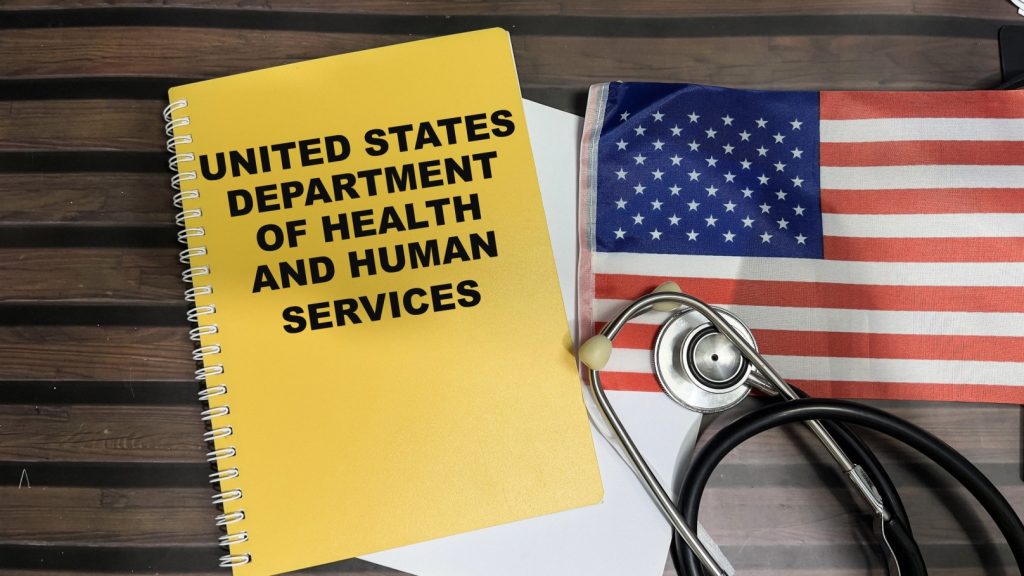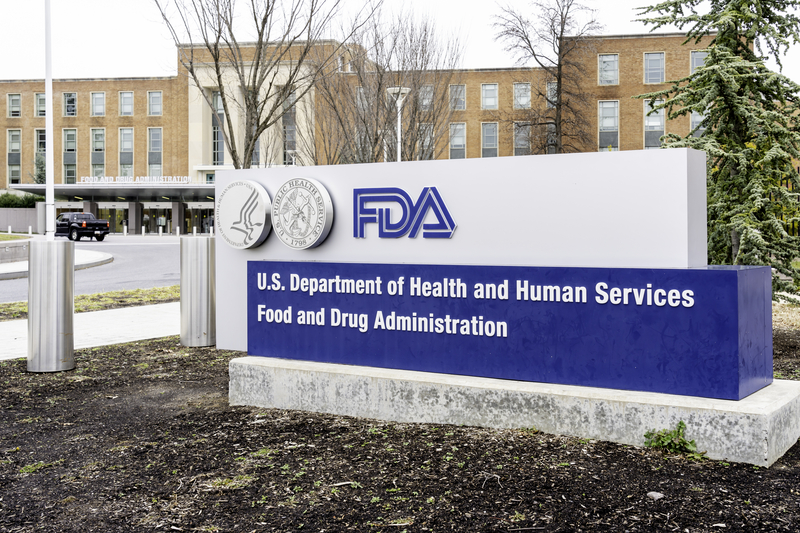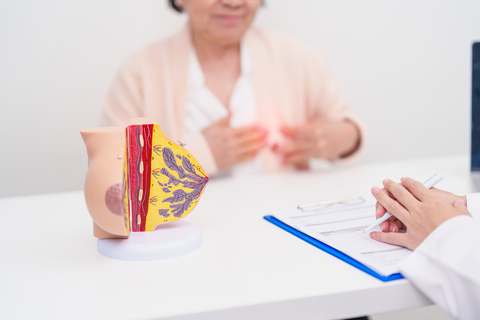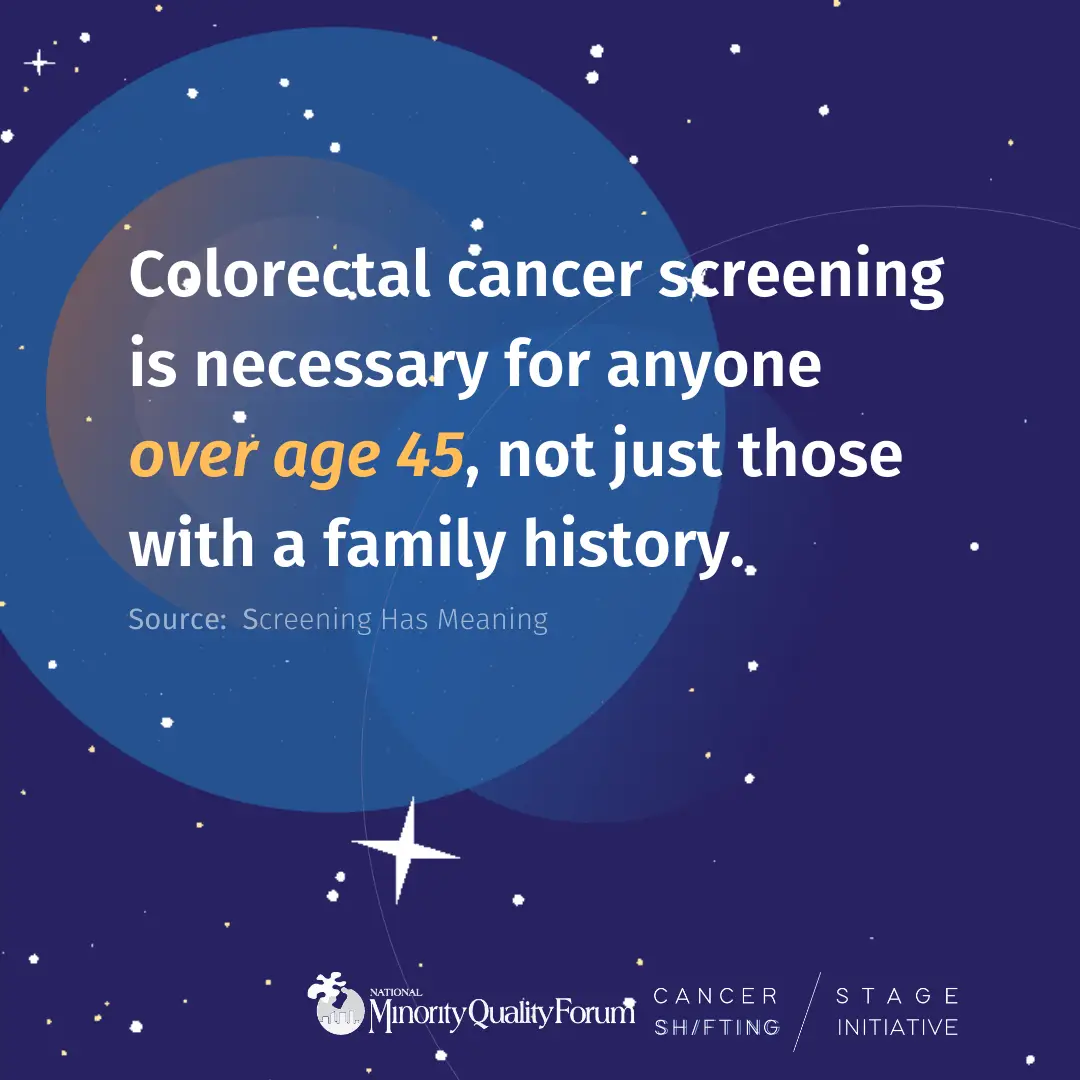Reducing
Reducing Post-Mastectomy Disparities in Breast Cancer Minority Populations
Please enable Javascript
CancerNetwork® spoke with Rachel A. Greenup, MD, MPH, an associate professor of surgery (oncology), section chief of Breas...
Reducing Stigma Against Mental Illness in Latino Communities
This is part two in a three-part series.
As I navigate a new diagnosis of dyslexia and the need for intervention for my child, loved ones have aske...
Reducing diabetes among the African American community
LOS ANGELES — November is Diabetes Awarness Month, highlighting the chronic condition affecting around 38 million Americans. People of color face u...
The American Foundation for Suicide Prevention Shines Light on Reducing Mental Health and Suicide Stigma in Latinx and Hispanic Communities
NEW YORK, Sept. 12, 2023 /PRNewswire/ — The American Foundation for Suicide Prevention (AFSP), a leading suicide prevention organization in t...
Editorial Perspective: Reducing mental health disparities among underserved youth: using technology to equip parents as agents of change
…from underserved families (e.g. racial/ethnic minority, rural, poor, gender, and sexual minority) are disparately impacted as they face myri...
Reducing Mental Health Stigma Among Racial and Ethnic Minorities and Non-English Speaking Communities
For over 50 years, Advocates for Basic Legal Equality, Inc. (ABLE) has defended and increased immigrants’ rights through legal representation and e...
1
2
3
>
1
2
…
Trending Topics
Features
- Drive Toolkit
Download and distribute powerful vaccination QI resources for your community.
- Health Champions
Sign up now to support health equity and sustainable health outcomes in your community.
- Cancer Early Detection
MCED tests use a simple blood draw to screen for many kinds of cancer at once.
- PR
FYHN is a bridge connecting health information providers to BIPOC communities in a trusted environment.
- Medicare
Discover an honest look at our Medicare system.
- Alliance for Representative Clinical Trials
ARC was launched to create a network of community clinicians to diversify and bring clinical trials to communities of color and other communities that have been underrepresented.
- Reducing Patient Risk
The single most important purpose of our healthcare system is to reduce patient risk for an acute event.

















